Allegations
GSU Alumni Cry Foul Over Disenfranchisement in Controversial Election, Demand Transparency and Reform
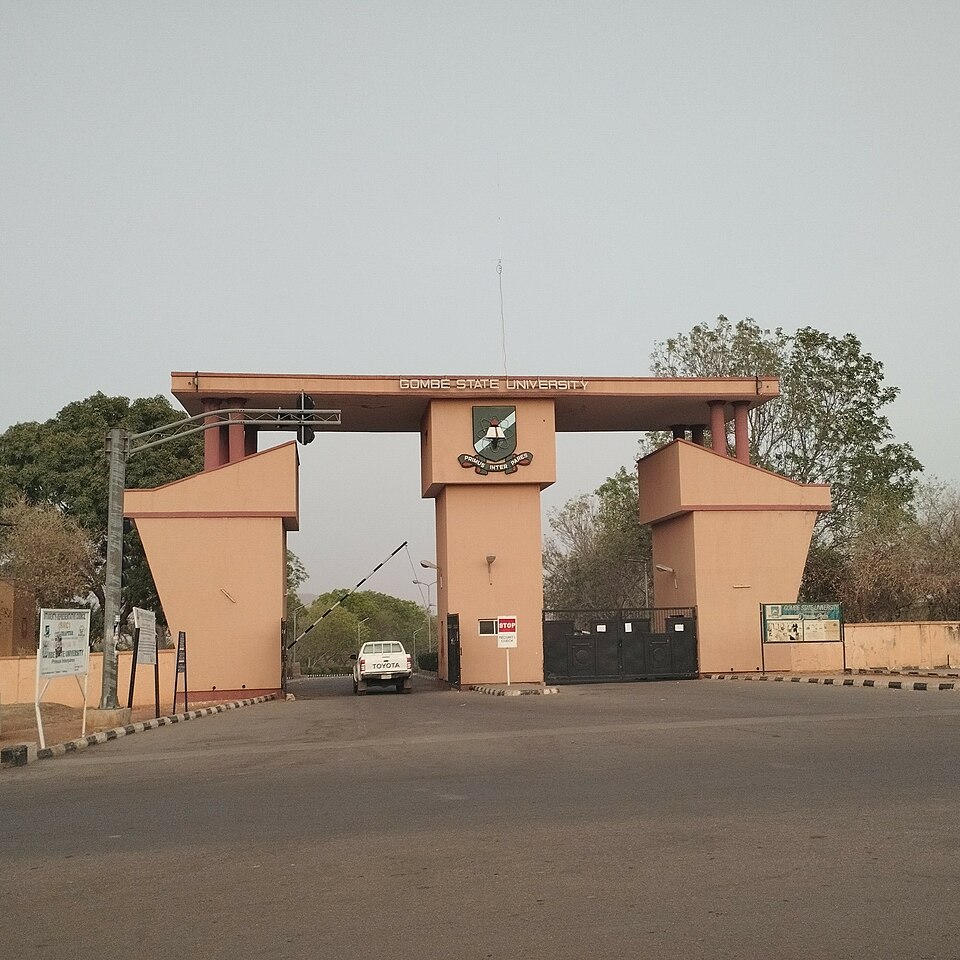
By Abubakar Ahmad Jaja
Discontent is brewing among graduates of Gombe State University (GSU) following allegations of exclusion, lack of transparency, and poor communication in the recently conducted alumni association elections.
Abubakar Ahmad Jaja, a member of the 2015 graduating class from the Department of Mathematics Education, has publicly voiced his frustration, calling out the leadership of the GSU Alumni Association for failing to respond to widespread concerns about the legitimacy of the electoral process.
In a strongly worded statement shared with journalists, Jaja described the recent alumni elections as “highly questionable,” accusing the organizers of sidelining the majority of members by adopting a representative system that many were neither informed about nor participated in.
> “Most alumni were not even aware that an election was taking place, let alone who their supposed representatives were,” Jaja stated. “This lack of transparency undermines the very foundation of an association meant to represent all its members equally and fairly.”
According to him, GSU alumni are scattered not just across Nigeria but around the globe, and restricting electoral participation to a select group within Gombe State alone is both unjust and outdated. He lamented that no formal communication, notice, or engagement preceded the election, effectively disenfranchising the wider alumni body.
> “For an institution of this repute, we expect a general, open, and well-publicized election. In this digital age, there are credible online platforms that can be used to ensure inclusiveness,” Jaja emphasized.
He further criticized the silence of the alumni leadership in the face of these serious concerns. Despite several efforts to raise awareness and seek redress, no official response or clarification has been provided by the association’s executive committee.
> “We are not making noise; we are demanding accountability, transparency, and inclusion,” he asserted. “Let this be a call to action. We deserve a leadership that truly represents the voice of all GSU alumni — not just a privileged few.”
The statement has sparked reactions on social media, with other graduates echoing similar frustrations and calling for reform in how the GSU Alumni Association conducts its affairs. Many are now pushing for a review of the recent election and the establishment of mechanisms to ensure future processes are democratic, inclusive, and technology-driven.
Abubakar Jaja, who holds a Master’s degree in Education and is currently pursuing a PhD in Curriculum Studies at Modibbo Adama University, Yola, urged the current leadership to listen to the voices of concerned alumni and begin meaningful engagement.
As pressure mounts, it remains to be seen whether the GSU Alumni leadership will rise to the occasion and address what is quickly becoming a credibility crisis.
#GSUAlumniElection #TransparencyNow #WeDeserveBetter
Allegations
Lieutenant Ahmed Yerima Survives Assassination Attempt Amid Rising Tensions with FCT Minister Wike

By Our Correspondent
Lieutenant Ahmed Yerima narrowly escaped an assassination attempt on Sunday evening, heightening concerns over rising political and security tensions in the Federal Capital Territory. The attack reportedly occurred around 6:30 p.m., according to credible military sources who confirmed the development to Vanguard.
Witnesses said Yerima was driving when two Hilux trucks, occupied by gunmen dressed in all-black attire, began trailing his vehicle. The armed men allegedly attempted to intercept him, prompting a brief pursuit that ended with Yerima escaping unhurt.
Military insiders described the attack as “coordinated and deliberate,” suggesting the assailants had precise information about his movements.
The incident comes just days after a heated dispute between Lieutenant Yerima and the Minister of the Federal Capital Territory (FCT), Nyesom Wike. Though the details of the confrontation remain sketchy, the timing of the attack has sparked speculation and concern among security watchers.
Authorities are yet to issue an official statement, but internal investigations are already underway to determine the motive behind the failed attack and identify the perpetrators.
Security analysts warn that the incident underscores the growing volatility surrounding high-ranking officials and the escalating atmosphere of political rivalry. They also called for a thorough and transparent investigation to prevent further escalation.
As of press time, Lieutenant Yerima has not spoken publicly about the incident, but sources confirmed that security around him has been strengthened pending the conclusion of investigations.
Agriculture
Court Remands Ex-AFAN President Arc. Kabir Ibrahim Over Impersonation, Intimidation Charges
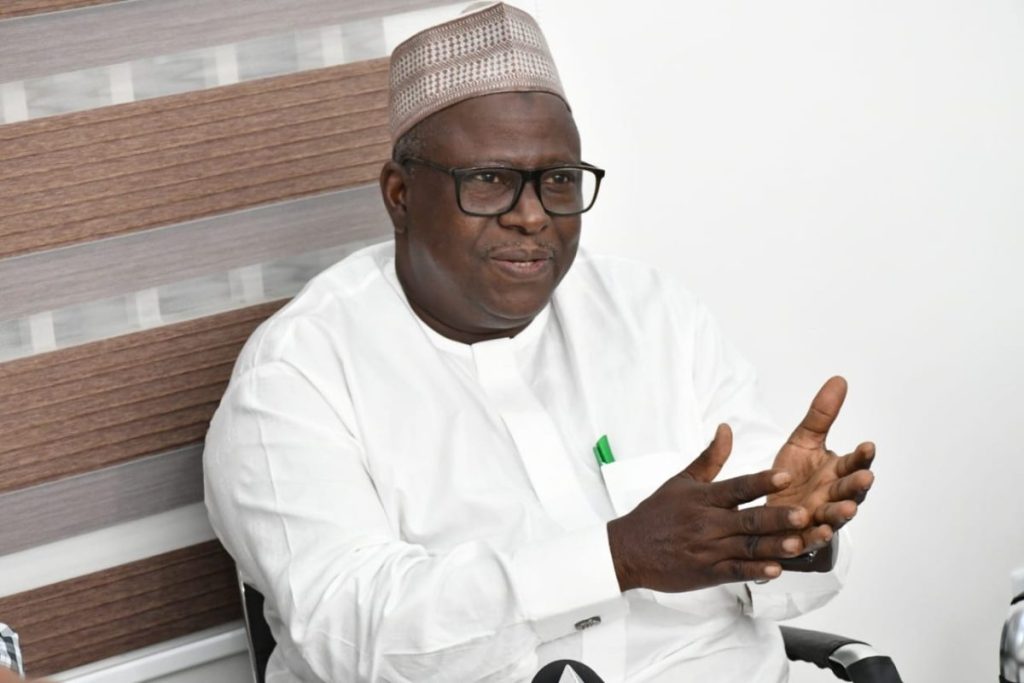
By Our Correspondent
A Magistrate Court sitting in Zone 6, Abuja, has ordered the remand of Arc. Kabir Ibrahim, a former president of the All Farmers Association of Nigeria (AFAN), at the Keffi Correctional Centre on charges of impersonation, criminal intimidation, and incitement.
In his ruling, Magistrate Ekpeyong held that Ibrahim had exceeded his lawful tenure but refused to relinquish office, despite the election of Dr. Farouk Rabiu Mudi as AFAN’s national president in 2021. The court noted that Ibrahim had lost at both the Federal High Court and the Court of Appeal, yet continued to parade himself as president, in contravention of Sections 132, 397, and 114 of the Penal Code.
“Your persistent acts of impersonation and intimidation are unlawful and capable of causing public disorder within AFAN and beyond,” the judge declared.
Unable to meet his bail conditions, Ibrahim was remanded in custody pending trial.
Reacting to the judgment, Dr. Mudi accused Ibrahim of sabotaging AFAN’s programmes and frustrating investment opportunities in the agricultural sector. He alleged that Ibrahim wrote letters to the Nigeria Sugar Development Council (NSDC) and Tingo Mobile, actions which, according to him, undermined farmers’ access to loans and foreign investment.
“These deliberate acts deprived millions of farmers of opportunities meant to boost food security and strengthen the agricultural value chain,” Mudi said.
Meanwhile, police confirmed the arrest of another associate, Chief Okafor, who allegedly styled himself as AFAN vice president. Security agencies are still tracking other alleged accomplices across the country.
The case has been adjourned for continuation of hearing.
Allegations
NANS Gombe Threatens Mass Protest Over Alleged Fertilizer Diversion, Demands Probe
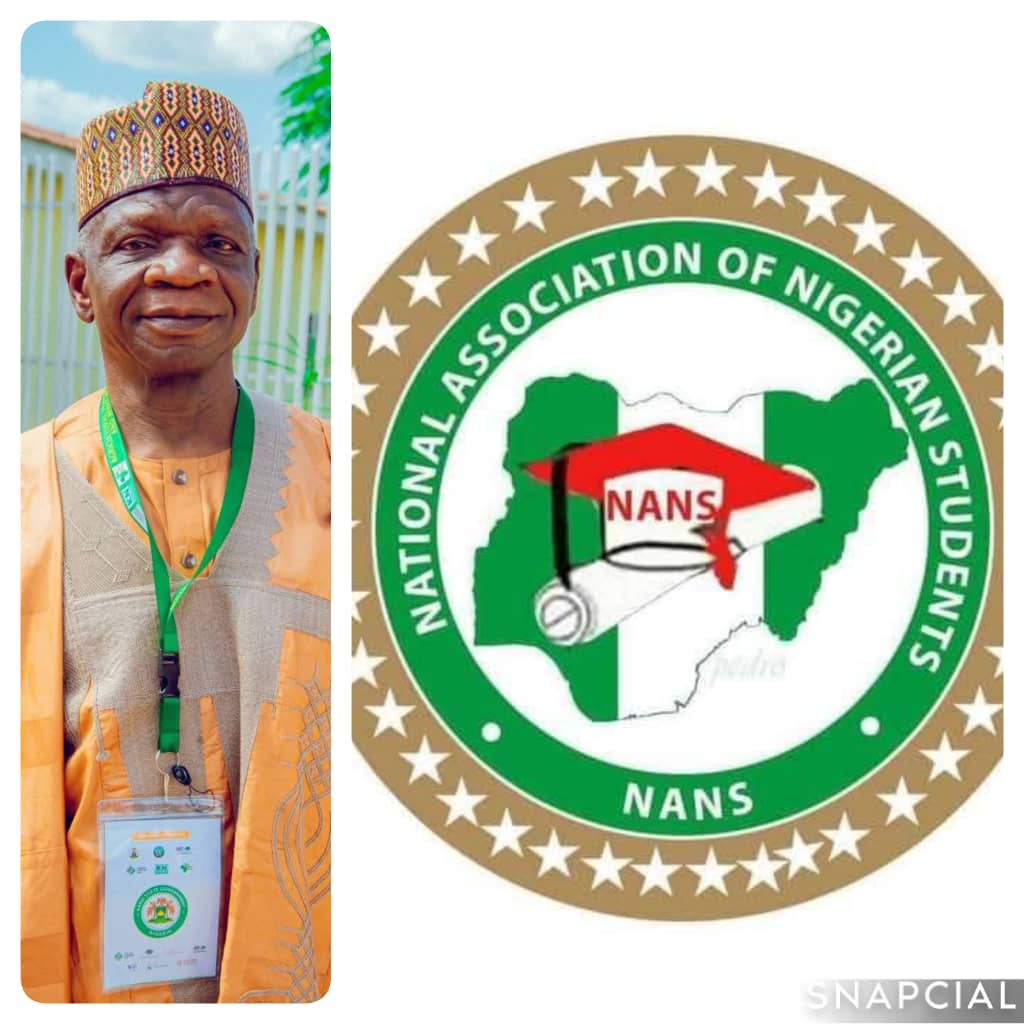
By Our Correspondent
The National Association of Nigerian Students (NANS), Gombe State Chapter, has raised alarm over alleged irregularities in the distribution of the 2024/2025 fertilizer scheme by the state’s Ministry of Agriculture, warning that students may take to the streets in mass protest if the government fails to act.
In a statement signed by the state chairman, Comrade Usman Ibrahim Wakili CNS, NANS expressed “serious concern” about what it described as diversion, hoarding, favoritism, and lack of transparency in the allocation process.
According to the student body, these activities have eroded public trust and sabotaged government’s efforts at boosting agriculture and guaranteeing food security in Gombe State.
“We therefore demand an immediate and thorough investigation by His Excellency, Governor Muhammadu Inuwa Yahaya, into the fertilizer distribution exercise. Those found guilty of sabotaging this process must be exposed and brought to book without delay,” the statement read.
The association stressed that failure of the government to act swiftly would leave Nigerian students in the state with no choice but to mobilize for peaceful protests in solidarity with farmers and the general public, who they described as the direct victims of the alleged injustice.
“As the voice of Nigerian students, we cannot fold our arms while corruption and mismanagement deny our people access to essential resources meant for their welfare and survival,” NANS warned.
The group urged Governor Inuwa Yahaya to demonstrate accountability by ensuring that fertilizers reach genuine farmers at the right time and affordable price, emphasizing that transparency and fairness are the only way to restore confidence in the process.
NANS further vowed to defend these values “through every lawful means available, including peaceful demonstrations.”
-

 Politics2 years ago
Politics2 years agoFormer Gombe State APC Promoters Forum Chairman Attacked Following Political Commentary
-
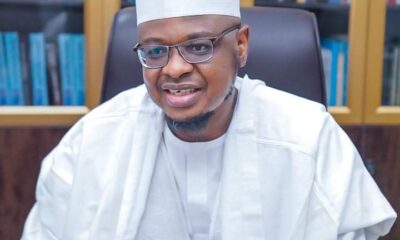
 Leadership2 years ago
Leadership2 years agoBreaking: African Union Appoints Pantami as Co-Chair of the 4th Industrial Revolution Policy Council
-
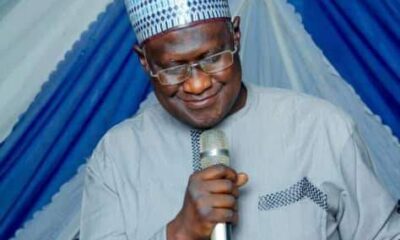
 Appointment1 year ago
Appointment1 year agoGombe State Indigene, Appointed New Vice Chancellor (ATBU)
-
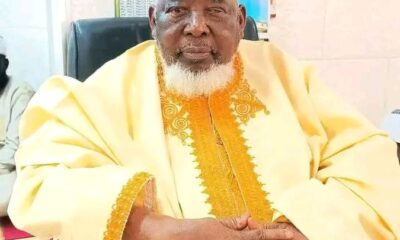
 Death12 months ago
Death12 months agoProminent Nigerian Islamic Scholar, Sheikh Sa’idu Hassan Jingir, Passes Away
-
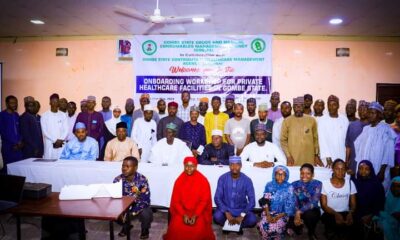
 Health2 years ago
Health2 years agoGombe State Organizes Onboarding Workshop for Private Healthcare Facilities
-
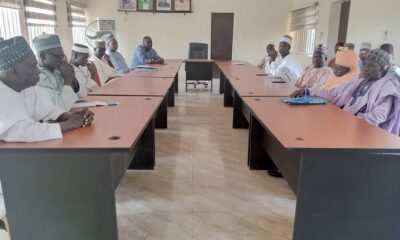
 Water2 years ago
Water2 years agoGombe Government Mobilizes Stakeholders to Combat Illegal Water Connections
-
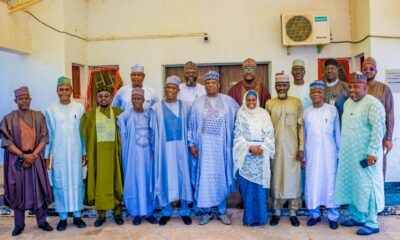
 Politics2 years ago
Politics2 years agoGombe State Inaugurates Human Capital Development Council
-
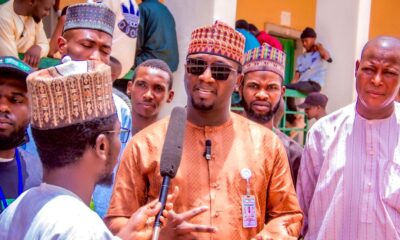
 Politics2 years ago
Politics2 years agoGombe State Launches Presidential Palliative Program (PPP) to Aid Small Businesses
